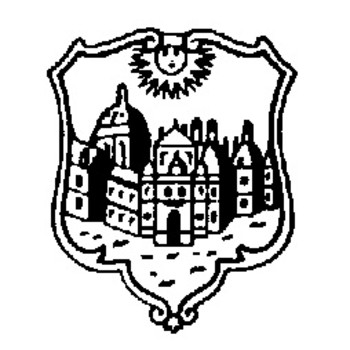What powers did the Congress have under the Articles of Confederation have?
2 Answers
None.
Explanation:
The Continental Congress to which you refer was the interim government until an agreement about the makeup of the new country was decided upon by colonial representatives meeting in Philadelphia. To be sure, they new a Constitution was being written but no one knew how long or when it would be completed.
Consider that from 1783 to 1789 the central government, the Continental Congress, Each of the colonies during that period were effectively independent countries as each acted with full autonomy. They did not want that as a permanent state as they realized their strength lay in their being united in some form as one.
The Congress was weak and ineffective but did have the power to conduct the Revolutionary War, conclude the peace, and conduct diplomacy.
Explanation:
At its heart, the Congress under the Articles of Confederation was just an institutionalization of the Second Continental Congress. The Articles were drafted in the middle of the war and ratified by the new states in 1777, well before independence had been secured. The people were rebelling against a strong government, with a powerful executive, and so the last thing they wanted was to create those things in their new government.
After the war ended officially in 1783, it quickly became clear that the one-house Congress under the Articles simply had no power to enforce the laws it passed because it had no way to raise tax money that would have made that possible. They couldn't even enforce their requests to the states for money to fund the government. The Constitutional Convention of 1787 came about as a direct result of a growing consensus that the Articles could not be revised, but had to be scrapped and something new created to govern the new United States.

